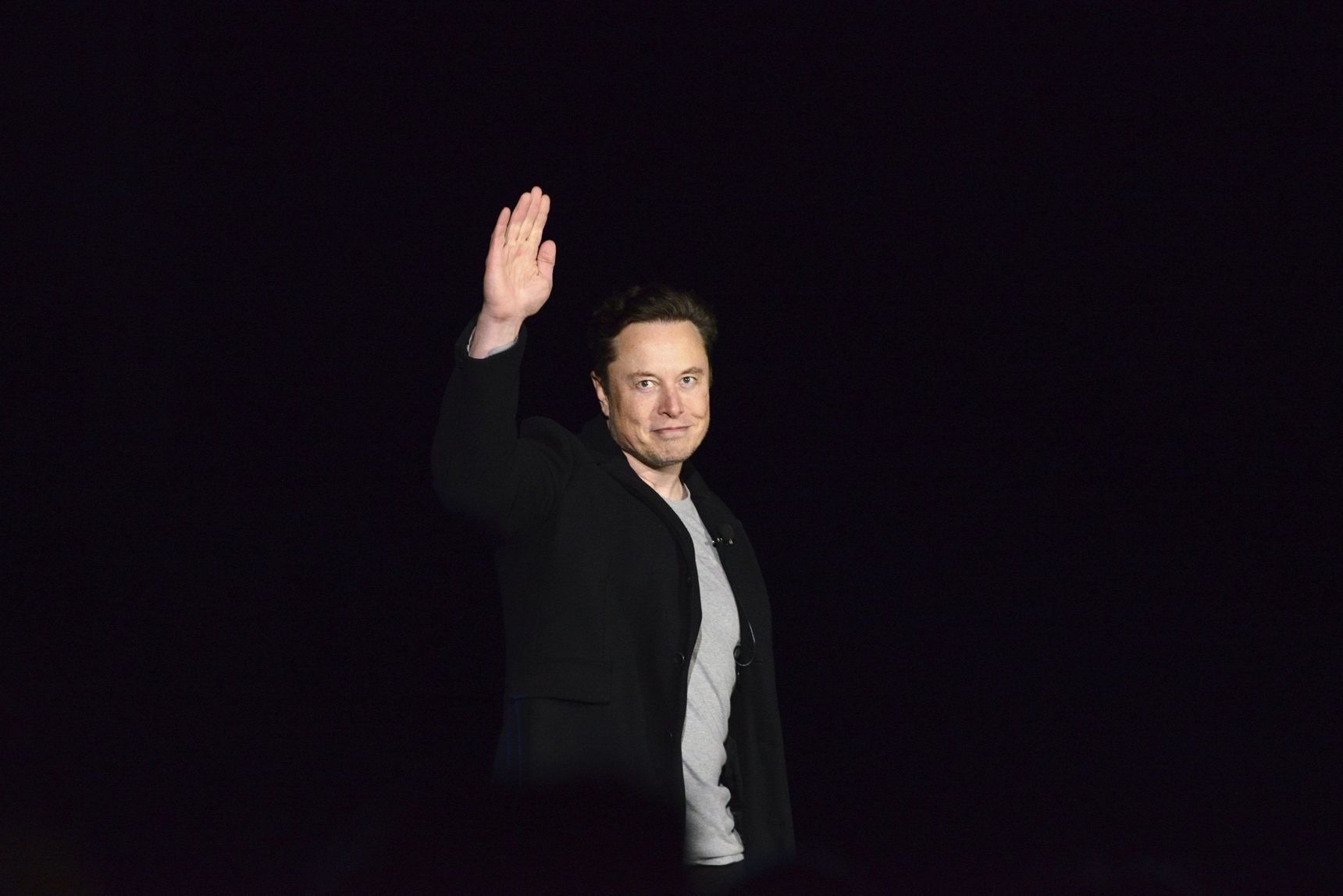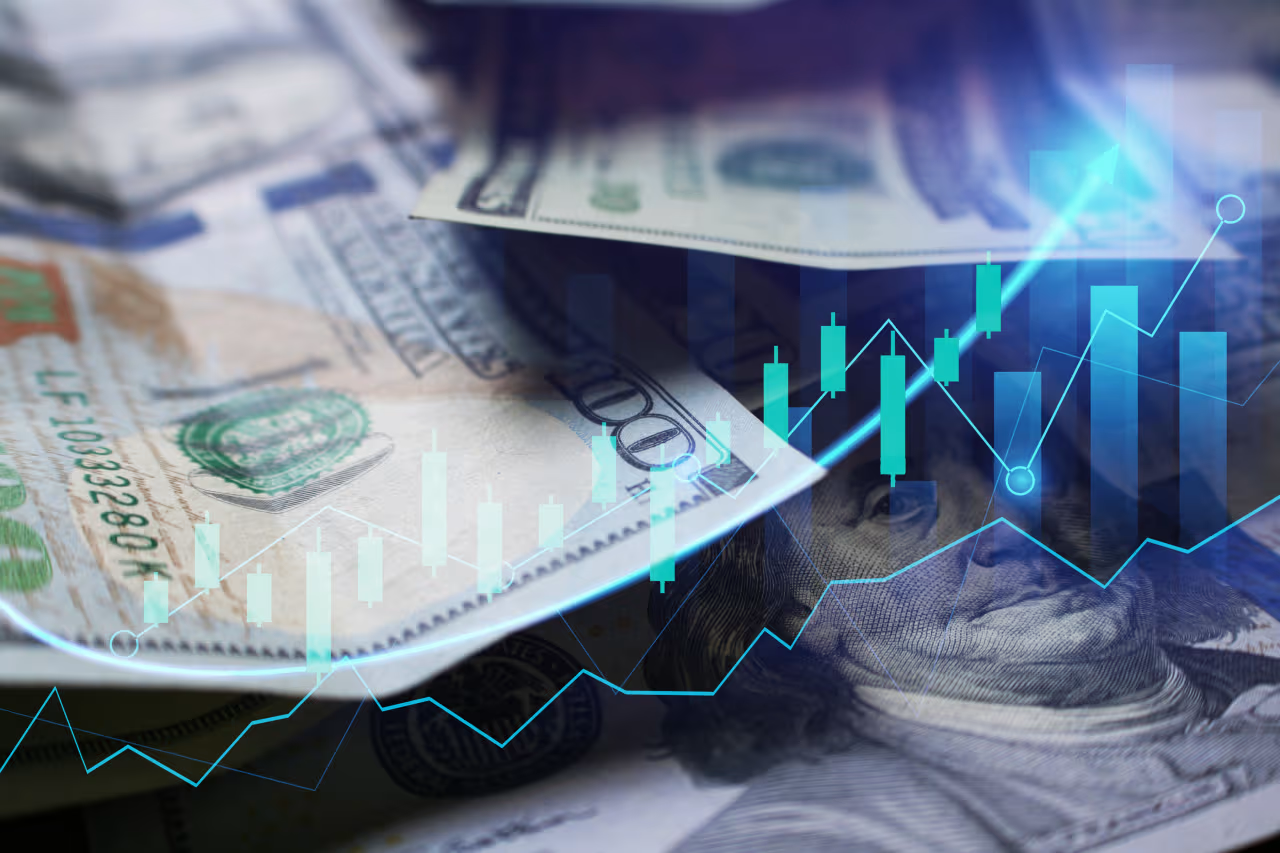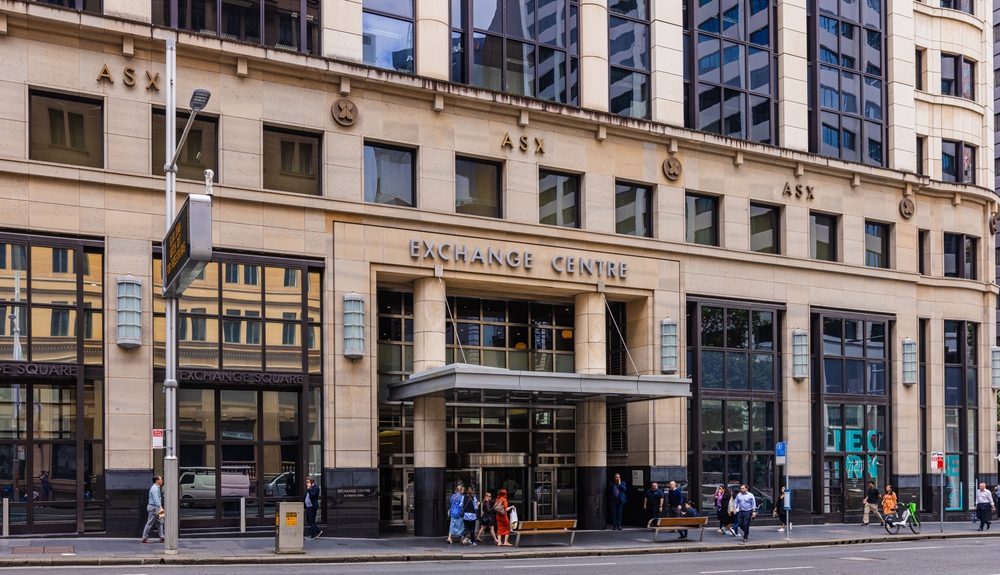Is Elon Musk Actually Going to Buy Twitter? Can He Just Walk Away?
Here are Musk’s options should he try to abandon the $61 billion deal.
There are signs Elon Musk may be getting cold feet a few weeks after he agreed to buy Twitter Inc. for approx. $61 billion.
The billionaire Tesla Inc. chief executive recently tweeted that the deal is “on hold” until he gets more information about the portion of the social-media platform’s users that are spam accounts. Twitter has for years said in filings that it estimates they represent less than 5% of its daily active users, though has cautioned the number could be higher.
This is all happening as technology shares—including those of Tesla, which Mr. Musk is relying on to fund the deal—have been under pressure. Twitter’s board, meanwhile, says it intends to enforce the agreement, which calls for him to pay US$54.20 a share.
Here’s what to know about how things could play out.
Can either side walk away at any time?
Not easily. Both sides signed a merger agreement, a detailed document stipulating exactly what each will do to ensure the agreed-upon deal closes, and what legal rights each has if the other doesn’t hold up its end of the bargain. It is similar to going under contract on a house.
In this case, Mr. Musk was motivated to quickly negotiate a deal, and in doing so, agreed to a contract with several seller-friendly components. For example, he waived the detailed due diligence that buyers typically perform on targets (think of it like skipping a home inspection), and gave Twitter the right to sue him to follow through with the deal, a legal clause known as “specific performance.”
Both sides also agreed to pay each other a US$1 billion breakup fee if they cause the deal not to happen for certain reasons, but specific scenarios must unfold for those to become relevant. Also called termination fees, the penalties are meant to deter parties from breaking agreements and address the inconvenience and cost of a failed deal.
Can Mr. Musk just pay Twitter the $1 billion breakup fee to get out of the deal?
Not necessarily. There are three clear scenarios in which this could happen, and possibly more. If regulators try to block the deal or the debt financing falls through, he would likely have an out. The third is if he can show Twitter has significantly changed for the worse since the deal was agreed upon, under a concept known as a “material adverse effect.”
If Mr. Musk believes Twitter’s accounting of spam accounts was inaccurate when he signed the deal, his lawyers could attempt to litigate that issue in various ways, including as a material adverse effect, or possibly by alleging that Twitter misrepresented information in its filings. It is unclear whether they would succeed, though it could open the door to settlement discussions.
What will Twitter do?
Twitter’s board feels strongly that the two sides had an agreement that remains in effect and is the best option for shareholders. “We intend to close the transaction and enforce the merger agreement,” it said.
For that reason, Twitter appears willing to sue for specific performance if it comes to that, meaning it could try to force Mr. Musk to follow through with the deal or provide what it sees as fair compensation. In practice, that can be difficult but often opens the door to settlement discussions.
The agreement between the two sides also requires Mr. Musk to avoid disparaging Twitter and its representatives on the platform and his recent tweets could have crossed that line. While Twitter could challenge the behaviour, it appears more focused at the moment on closing the deal rather than launching relatively minor litigation that could run the risk of complicating things further.
What is going to happen?
It is too early to say. The deal could still happen, and could close as soon as this winter if both sides keep moving forward. Another possible outcome is that the two sides negotiate a settlement, especially if it becomes clear that Mr. Musk is intent on getting out of the deal or trying to lower the price.
Even when contract terms are clearly spelled out, more often than not deal clashes end in negotiated settlements that can include a price cut or one-time payments.
In 2020, luxury-goods conglomerate LVMH Moët Hennessy Louis Vuitton SE tried to back out of a deal to buy Tiffany & Co. for US$16.2 billion after the pandemic hurt demand for high-end jewellery. Tiffany sued to enforce the agreement and LVMH countersued, arguing the business had been so deeply damaged that their original agreement was no longer valid.
The two sides later agreed to cut the price by a relatively modest US$430 million and settle related litigation.
Reprinted by permission of The Wall Street Journal, Copyright 2021 Dow Jones & Company. Inc. All Rights Reserved Worldwide. Original date of publication: May 18, 2022.
 Copyright 2020, Dow Jones & Company, Inc. All Rights Reserved Worldwide. LEARN MORE
Copyright 2020, Dow Jones & Company, Inc. All Rights Reserved Worldwide. LEARN MORE
This stylish family home combines a classic palette and finishes with a flexible floorplan
Just 55 minutes from Sydney, make this your creative getaway located in the majestic Hawkesbury region.
Continued stagflation and cost of living pressures are causing couples to think twice about starting a family, new data has revealed, with long term impacts expected
Australia is in the midst of a ‘baby recession’ with preliminary estimates showing the number of births in 2023 fell by more than four percent to the lowest level since 2006, according to KPMG. The consultancy firm says this reflects the impact of cost-of-living pressures on the feasibility of younger Australians starting a family.
KPMG estimates that 289,100 babies were born in 2023. This compares to 300,684 babies in 2022 and 309,996 in 2021, according to the Australian Bureau of Statistics (ABS). KPMG urban economist Terry Rawnsley said weak economic growth often leads to a reduced number of births. In 2023, ABS data shows gross domestic product (GDP) fell to 1.5 percent. Despite the population growing by 2.5 percent in 2023, GDP on a per capita basis went into negative territory, down one percent over the 12 months.
“Birth rates provide insight into long-term population growth as well as the current confidence of Australian families,” said Mr Rawnsley. “We haven’t seen such a sharp drop in births in Australia since the period of economic stagflation in the 1970s, which coincided with the initial widespread adoption of the contraceptive pill.”
Mr Rawnsley said many Australian couples delayed starting a family while the pandemic played out in 2020. The number of births fell from 305,832 in 2019 to 294,369 in 2020. Then in 2021, strong employment and vast amounts of stimulus money, along with high household savings due to lockdowns, gave couples better financial means to have a baby. This led to a rebound in births.
However, the re-opening of the global economy in 2022 led to soaring inflation. By the start of 2023, the Australian consumer price index (CPI) had risen to its highest level since 1990 at 7.8 percent per annum. By that stage, the Reserve Bank had already commenced an aggressive rate-hiking strategy to fight inflation and had raised the cash rate every month between May and December 2022.
Five more rate hikes during 2023 put further pressure on couples with mortgages and put the brakes on family formation. “This combination of the pandemic and rapid economic changes explains the spike and subsequent sharp decline in birth rates we have observed over the past four years,” Mr Rawnsley said.
The impact of high costs of living on couples’ decision to have a baby is highlighted in births data for the capital cities. KPMG estimates there were 60,860 births in Sydney in 2023, down 8.6 percent from 2019. There were 56,270 births in Melbourne, down 7.3 percent. In Perth, there were 25,020 births, down 6 percent, while in Brisbane there were 30,250 births, down 4.3 percent. Canberra was the only capital city where there was no fall in the number of births in 2023 compared to 2019.
“CPI growth in Canberra has been slightly subdued compared to that in other major cities, and the economic outlook has remained strong,” Mr Rawnsley said. “This means families have not been hurting as much as those in other capital cities, and in turn, we’ve seen a stabilisation of births in the ACT.”
This stylish family home combines a classic palette and finishes with a flexible floorplan
Just 55 minutes from Sydney, make this your creative getaway located in the majestic Hawkesbury region.






















